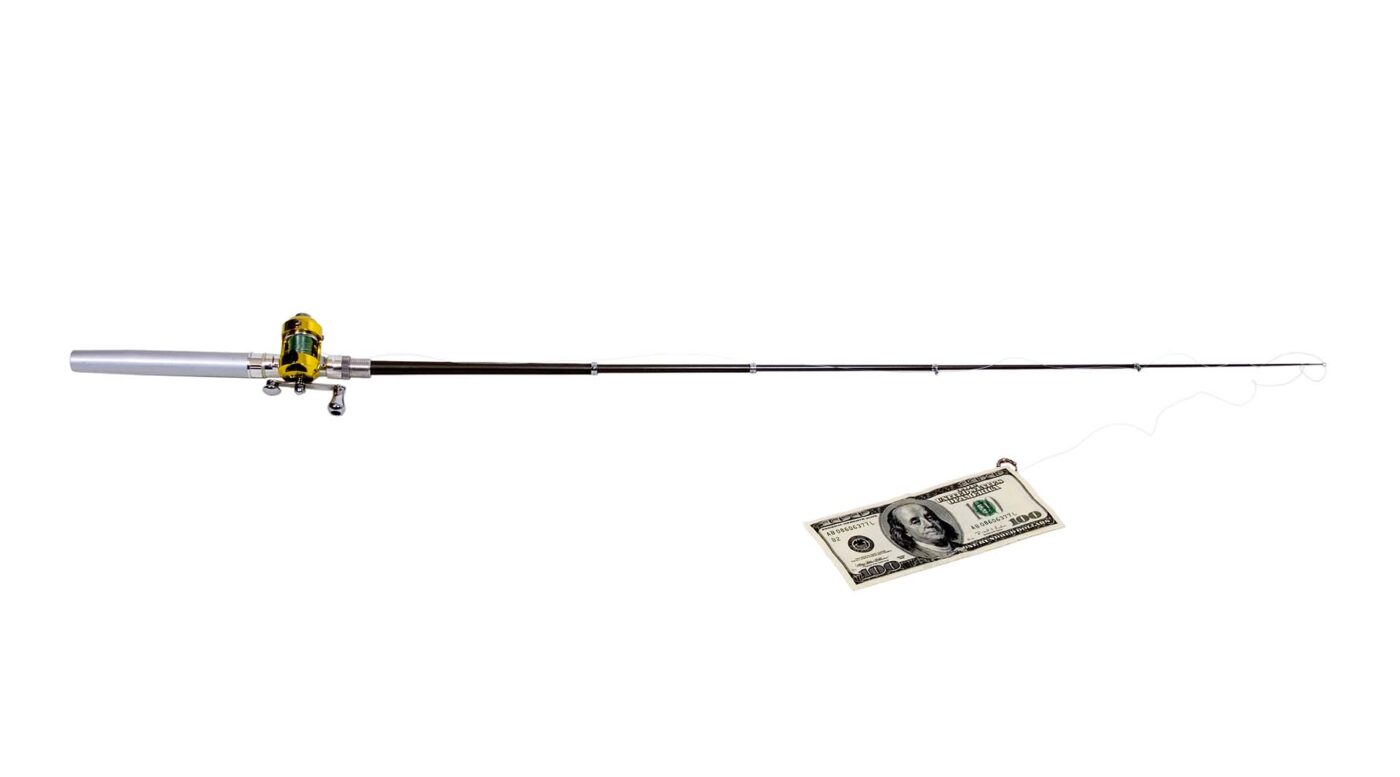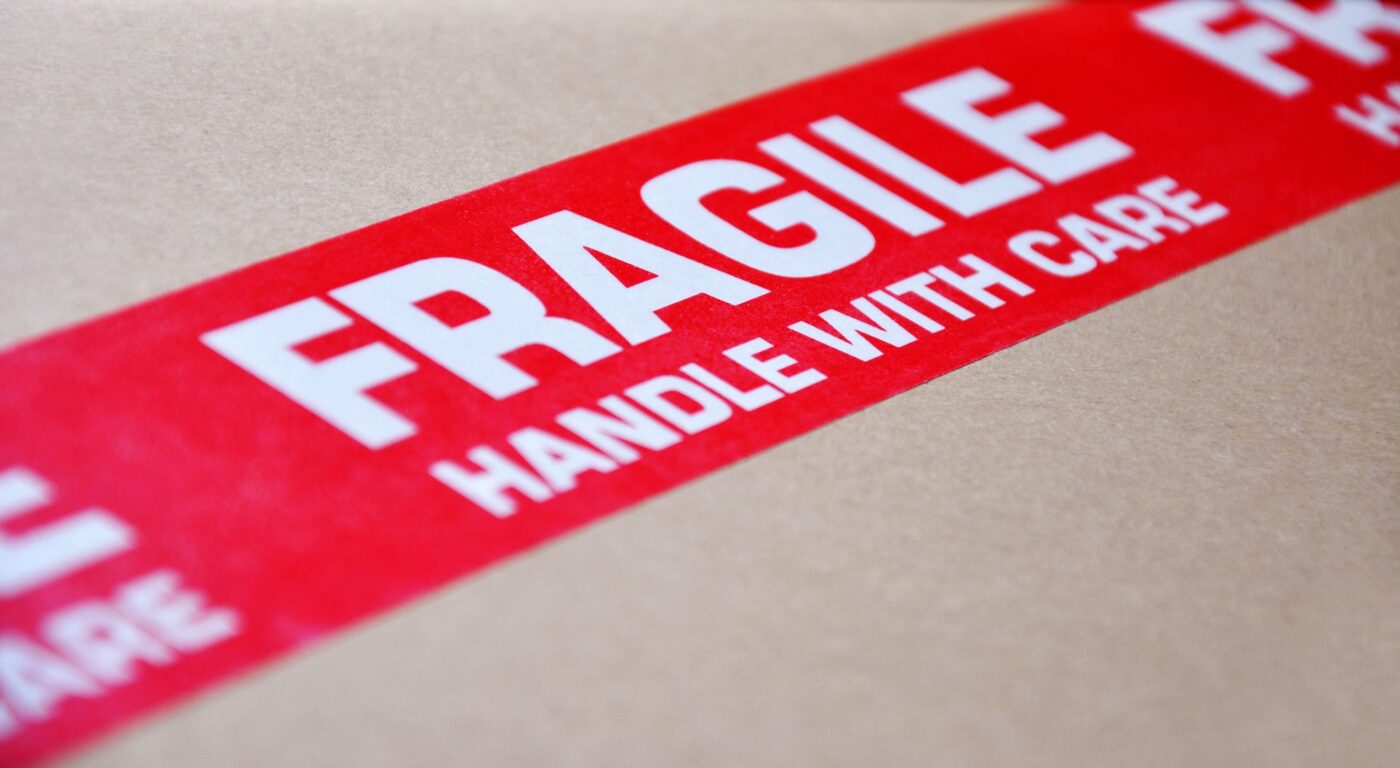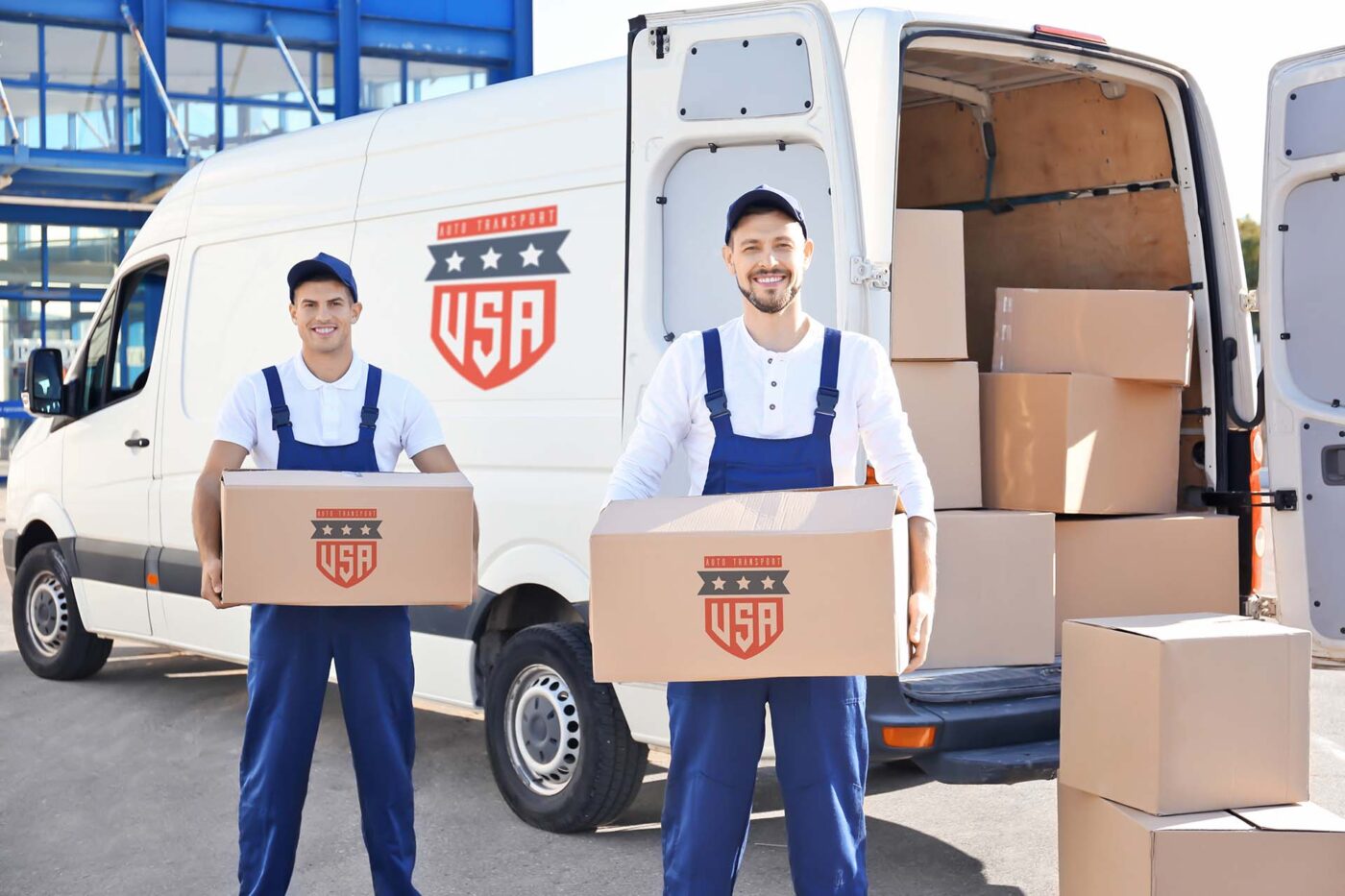Various forms of harm can occur during the relocation to a new home. Fishing rods are susceptible to bending, breaking, or experiencing damage to their guide rings as a result of mishandling or excessive pressure during the move.
- Services
-
Cities We Cover
- Albuquerque
- Atlanta
- Austin
- Baltimore
- Boston
- Brooklyn
- Charlotte
- Chicago
- Cleveland
- Columbus
- Dallas
- Denver
- Detroit
- Eugene
- Hoboken
- Houston
- Idaho
- Indianapolis
- Las Vegas
- Los Angeles
- Miami
- Milwaukee
- Minneapolis
- New Jersey
- New York
- Palm Springs
- Palo Alto
- Philadelphia
- Phoenix
- Pittsburgh
- Portland
- Queens
- Reno
- Sacramento
- Saint Louis
- Salt Lake City
- San Antonio
- San Diego
- San Francisco
- San Jose
- Santa Ana
- Santa Barbara
- Santa Monica
- Santa Cruz
- Seattle
- Syracuse
- Washington DC
- Get a Quote
- Blog
- About
- Contact Us










